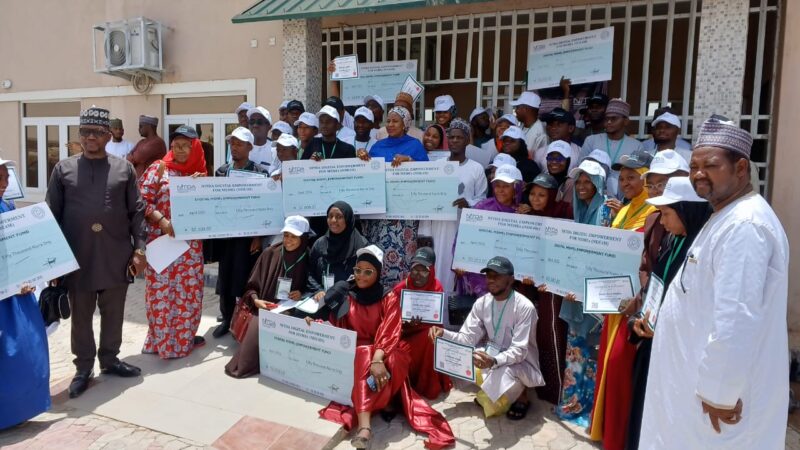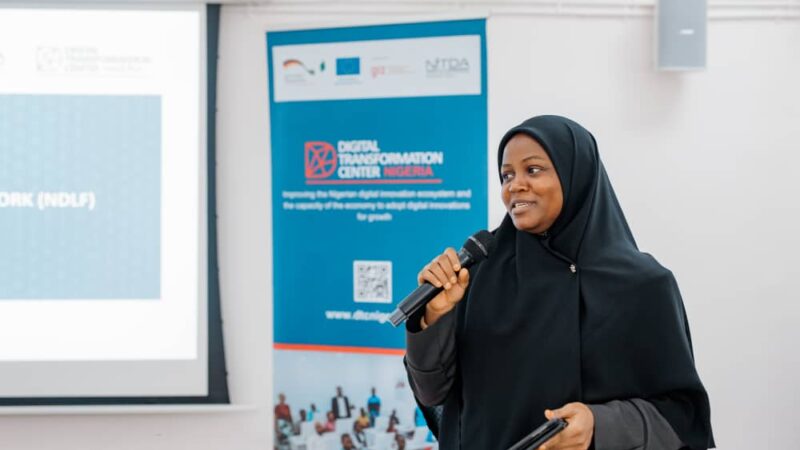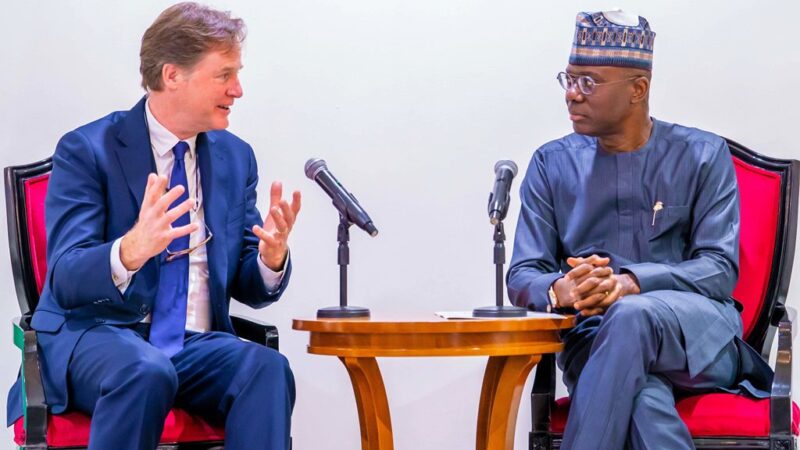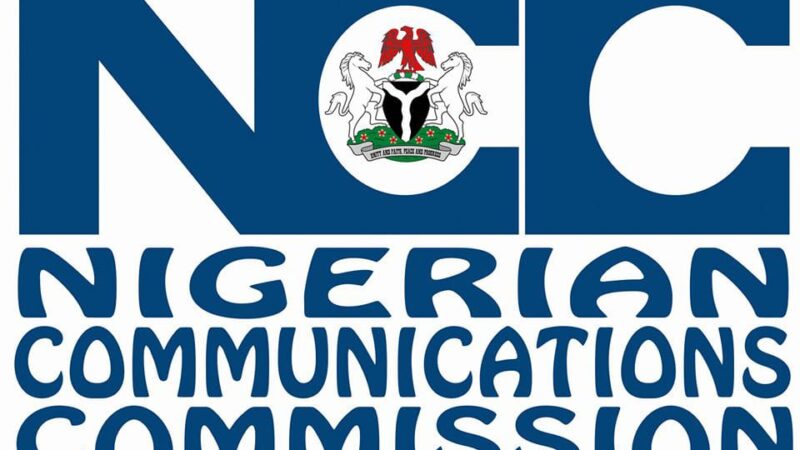NCC Harnessing Key Stakeholders Contributions To Usher Nigeria Into 4th Industrial Revolution

Danbatta who was represented at the event by the Executive Commissioner, Stakeholder Management, NCC, Barr. Adeleke Adewolu said we can only harness the opportunities of the 4th Industrial Revolution as a nation if we put in place effective guiding frameworks, to address the various aspects of the digital ecosystem and ensure their effective interworking in the national interest.
Acccording to him Nigeria is not lacking in key Policy and Regulatory frameworks and instruments which will enable us to play a leading role in powering the 4thIndustrial Revolution.
For instance he said the National Digital Economy Policy and Strategy Policy (2020-2030) boasts of eight (8) pillars designed to, amongst others enable Nigeria become a leading player in the global digital economy; Provide a catalyst to facilitate the diversification of the economy; and Accelerate the attainment of the key national objectives of improving security, reducing corruption and expanding the economy.
Similarly, he said the Nigerian National Broadband Policy (2020-2024) clearly highlights the various implementation strategies that would aid the pervasive inclusion and rollout of broadband services across the country whilst also developing a robust and holistic digital economy.
” The NCC’s Strategic Management Plan (SMP 2020-2024 or “ASPIRE 2024″) consolidated on the vision we earlier articulated in theStrategic Vision Plan and 8-Point Agenda. We have responded to the policy goals highlighted above to harness the immense socio-economic benefits of ICT for national development; to ensure that ICT infrastructure are up to the standard necessary to provide ubiquitous broadband services in Nigeria; and to align the Commission’s regulatory efforts with the aforementioned Policy Instruments, as well as the growth strategies of the International Telecommunications Union (ITU) to ensure Growth, Inclusiveness, and Sustainability”, he said.
The EVC/CEO said Nigeria has recorded a number of significant achievements in this regard. These include: The licensing of six (6) infrastructure companies (InfraCos) to speed up the deployment of broadband infrastructure throughout Nigeria; The provision of training and supporting public institutions with ICT interventions like School Knowledge Centres; Enhancement of physical infrastructure in the last five (5) years, the Commission has expanded broadband penetration from 6 per cent to 42.06 as at February 2021; access gap clusters have been reduced from 207 to 114; Fibre Optic coverage has increased from 47,000km to 54,725 km and Base Transceiver Stations for 3G and 4G deployments have increased from 30,000 to 53,460 among others.
He said these strides will enable the telecommunications sector provide the infrastructure backbone for powering the Fourth Industrial Revolution in Nigeria, noting that the country is firmly committed to ensuring that Nigerians in Nigeria play a leading role in Artificial Intelligence, Cloud Computing, Internet of Things (IoT), Robotics, Blockchain, Autonomous Vehicle, Drones and other innovative technologies which are now driving growth and national competitiveness.
Also Danbatta said Citizens Identification and Digital Identity is critical to our country’s digital emergence and its future growth.
He said the Federal Government has articulated a Policy that all Nigerians must possess a unique National Identification Number (NIN) issued by the National Identity Management Commission (NIMC); and that the NIN must be linked with all identity databases, particularly the Subscriber Identity Module (SIM) Registration database.
” To achieve this, we had to take the difficult decision of suspending the actuation of all new SIMs and to mandate all citizens to link their SIMs to their NINs.
” I am pleased to note that we have achieved very significant success in the articulation of a template for the activation of new SIMs linked with authenticated NINs, and that the activation of new SIMs will now be carried out across the country in earnest.
“This development further underscores government’s commitment to ensure that all the pre-requisites for our citizens full, effective and productive participation in the digital economy is guaranteed.
” I call on all Stakeholders to support these efforts in the overall national interest for a robust citizens’ database that supports socio-economic, health, education, national security and other public interest aspirations of the country”, he said.







